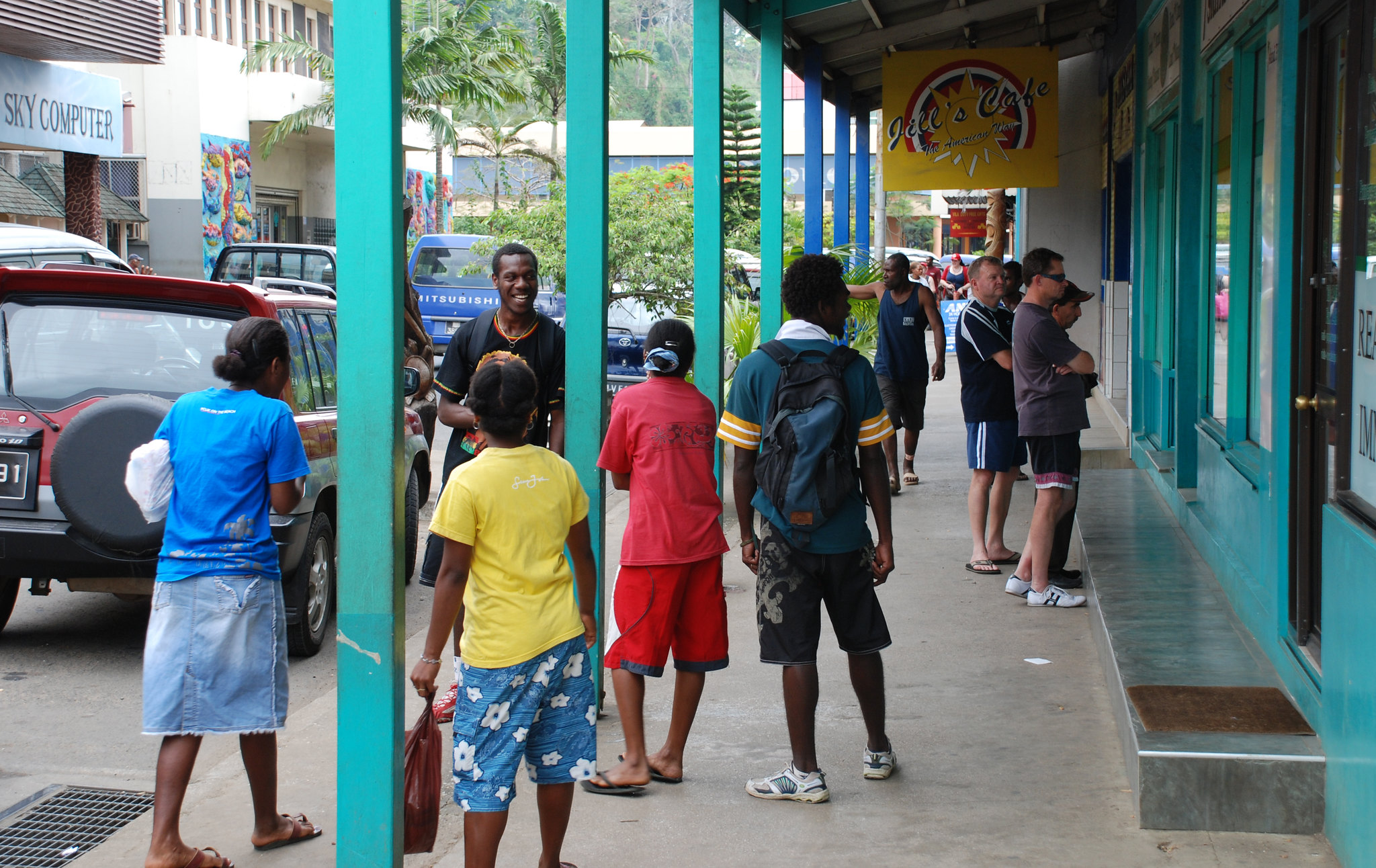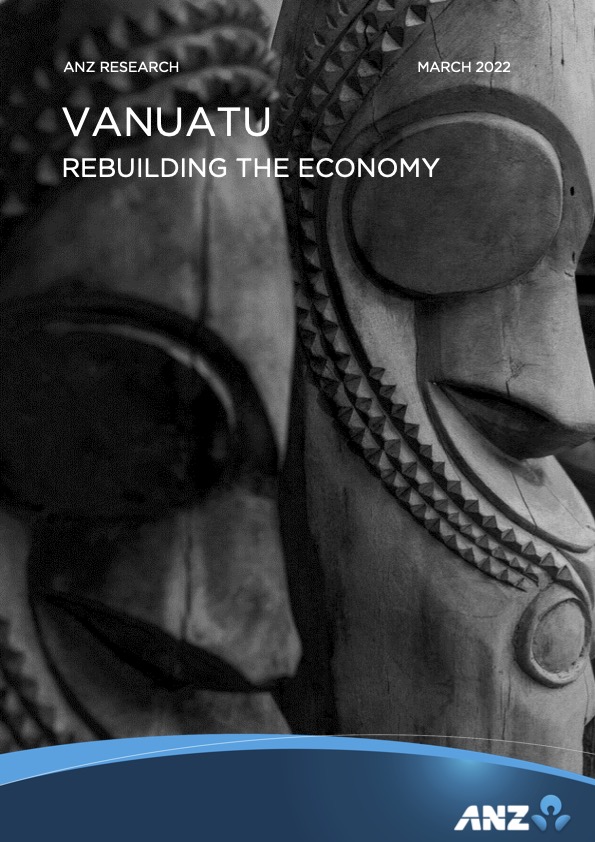Executive summary
Reset, transition, reboot and diversify
- Vanuatu’s international border closed in March 2020 to keep COVID at bay. While that ensured zero cases, it also pulled the rug from under the tourism industry. GDP fell by 14.3% in 2020 and 2.6% in 2021, together a decline of 8.6%, the seventh worst outcome in the world.
- The pandemic is not over. The highly transmissible and now dominant Omicron will be nearly impossible to keep out. With vaccines, the less sever nature of Omicron illness and good treatments, the world is learning to live with the virus – endemic COVID.
- From neighbouring Fiji, Vanuatu is learning to transition to this new position from a strategy of zero-COVID and is aspiring to reopen its borders in the first half of 2022.
- Building an effective immunity wall, especially for the most vulnerable, is the key.
- The pace of vaccination has picked up in recent months and is on track to reach 90% of the nation’s adult population in Q2, laying the groundwork for a border reopening by June 2022.
- The strength of the economic recovery depends on the timing of border reopening. We anticipate an April resumption (perhaps a best case) will deliver GDP growth of 5.8%, whereas a June reopening (base case) would see the economy grow by 2.9% this year. If the borders remain shut over 2022, we see GDP falling by 1.8% and damage to the economy and jobs may be irreversible.
- Once the international border restrictions ease and tourism starts to recover, the challenge will be to broaden growth drivers. Building on its strong services culture to establish niches in the provision of services in back-office functions, commercial agriculture, foreign direct investment into retirement living and higher net overseas migration are some options.
- If reforms are implemented with some urgency, the economy could look very different in five to ten years, when a diversified and balanced economy delivers a higher growth rate and improved prosperity for ni-Vanuatu.






